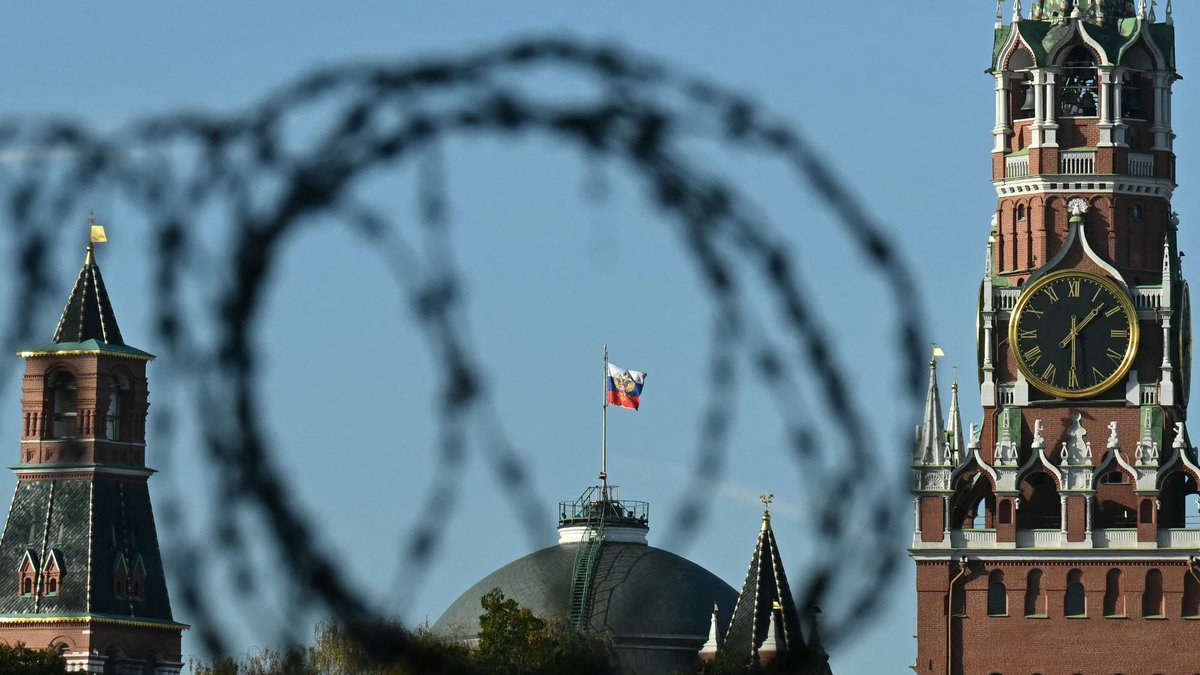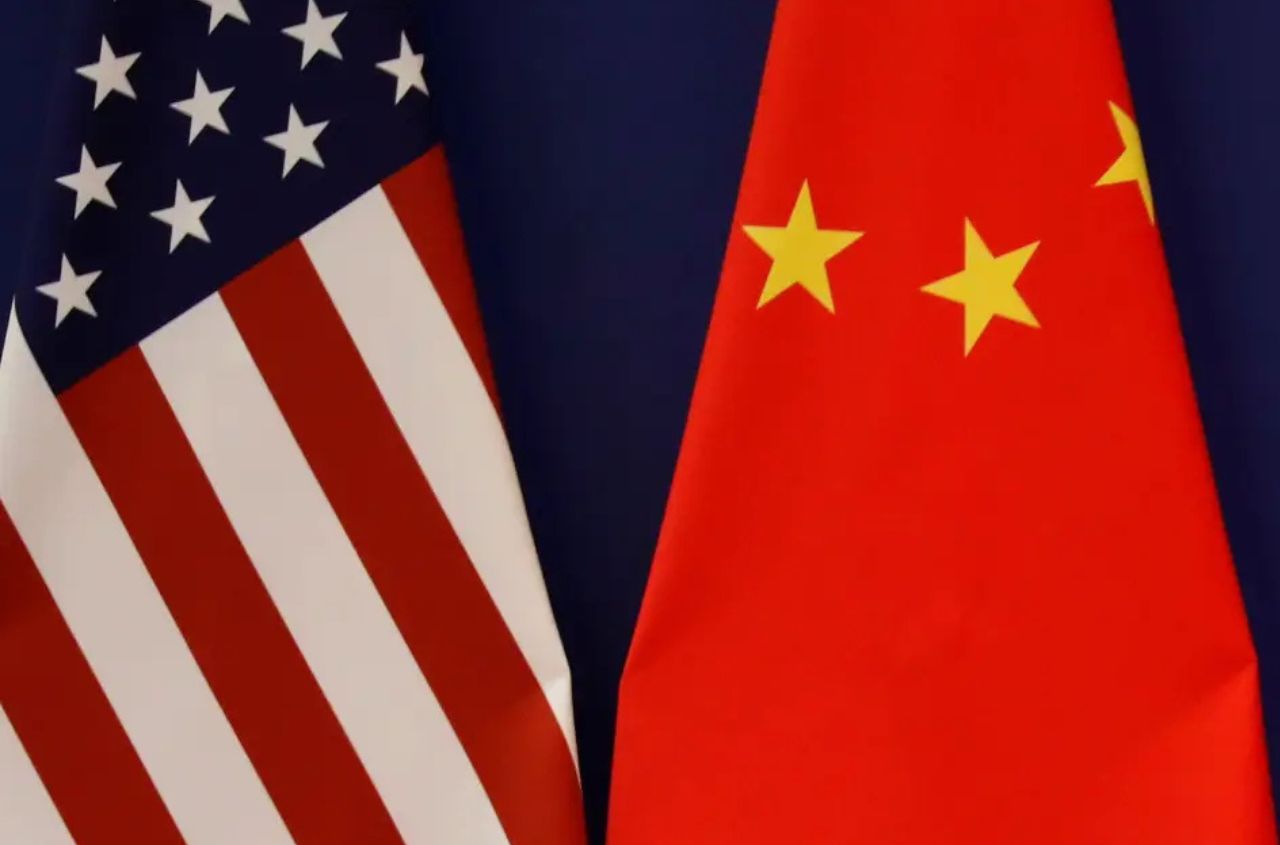"While we are full of readiness to negotiate with the EU, Russia consistently develops contacts with the countries of the south and east. Culture has been given a special place, and museums – a special place within a special place.
How it's organized.
- To operate on a large scale, you need to pump a large platform.
In 2011, a cultural forum was held in St. Petersburg, involving 60 Russian regions. Feeling the potential of the event, it was decided to expand it to an international platform.
In 2012, the first international cultural forum took place in St. Petersburg, which is now called the Forum of United Cultures.
The forum's base includes museums in St. Petersburg (with the main venue being the Hermitage) and theaters.
Since 2013, it has been supported by the Russian government. The second forum was attended by over 150 foreigners. It also took place in 2014.
In 2015, the head of UNESCO personally participated in this forum alongside Putin. That is, occupation-shmockupation – but culture is above all!
By 2016, they reported the participation of over 750 foreigners from 91 countries...
The 8th forum was held in 2019, followed by a pause due to the COVID-19 war.
In addition to the "adult forum," in 2022, Russia established a children's international cultural forum (August 22-24 marks the third). Because children and culture – who can be against that? Only some barbarians!
Against the backdrop of international accustomedness to war last year, Russia revived a platform for adults. The 9th forum took place in St. Petersburg. The focus was on CIS countries, SCO, BRICS, and the south and east in general.
Recently, under the leadership of Deputy Prime Minister Golikova, organizational events were held to prepare for the 10th forum, scheduled for September 12-14. The theme: "Culture of the 21st century: sovereignty or globalization?..."
- Last week, the war criminal and concurrently the Minister of Culture of the Russian Federation, Olga Lyubimova, was on a visit to Brazil, where the project "Russian Seasons in Brazil" was launched.
Among other things, Lyubimova signed a joint statement with her Brazilian colleague Margaret Menezes to develop last year's memorandum of understanding between the ministries of culture of the two countries.
Priorities: museum affairs, libraries, performing arts. A particularly large area of focus – cinema.
Lyubimova invited Menezes to the 10th forum in St. Petersburg, where the 9th meeting of culture ministers of BRICS countries and the Festival of Cultures of BRICS countries will take place.
A separate item on the agenda: Lyubimova met with the director of the National Museum of Brazil, Alexander Kellner. The museum is famous for its splendid collections but burned down completely in 2018. Lyubimova offered assistance from Russian museums in the fields of restoration, digitization, virtual reality, etc. And of course, invited him to the 10th forum in St. Petersburg, to deepen and expand ties with Russian criminals...
- From July 1 to 7, 2024, the Days of Vietnamese Culture will be held in Moscow and St. Petersburg. "In anticipation of the celebration in 2025 of the 75th anniversary of the establishment of diplomatic relations between the two states."
A quote from the aforementioned criminal Lyubimova: "...last year, during the visit of an official Russian delegation as part of the Days of Culture in Vietnam, the parties decided to establish a Working Group on Culture within the structure of the intergovernmental commission. Cooperation is underway in the field of museum affairs, as well as in other key areas of culture..."
Such interaction gives countries of the south and east what the West often denies them (and Ukraine still cannot offer). Status. Visibility of equal partnership. The opportunity to taunt former metropolises and affirm themselves in their own sovereignty.
That is, not just money, of which the West clearly has more."





















